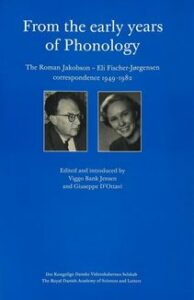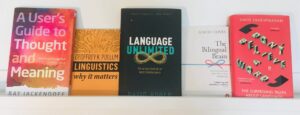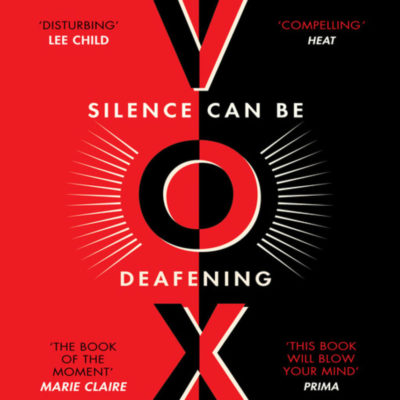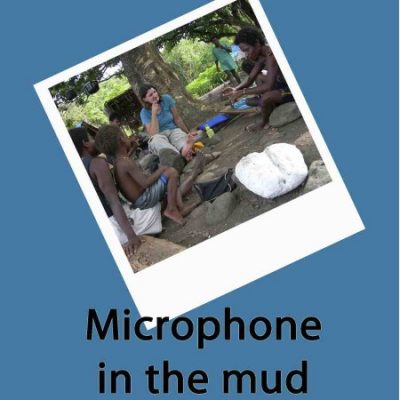Reading other people’s letters for the good of science. What the ‘early years of phonology’ can teach us now
In order to trace the history of ideas, we can turn to a number of resources. Sometimes, it is through a scholar’s public words: acknowledgements or references. The latter – in the form of footnotes (Grafton 1997) or indices (Duncan 2021) – have been argued to be where the true academic allegiances and challenges are set out and displayed. However, sometimes the networks of information exchange and influence can be searched for fruitfully in private documents. It is precisely such private documents which make up the resource used in the book From the early years of Phonology. The Roman Jakobson – Eli Fischer-Jørgensen correspondence 1949-1982, edited by Viggo Bank Jensen and Giuseppe D’Ottavi.

The introduction opens with the question … ↪







